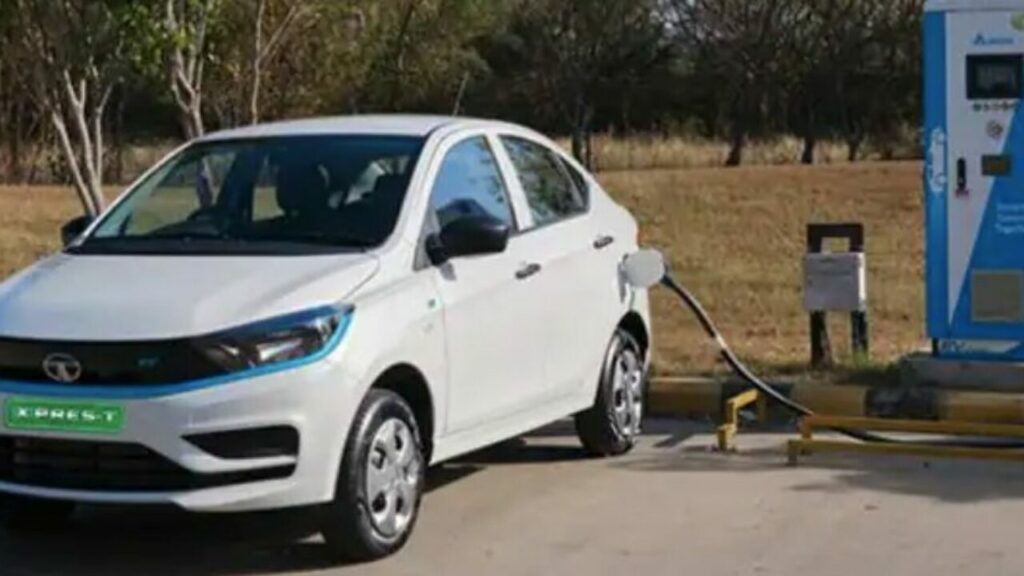Since the government has cut off roughly 20% of the cheaper, domestically generated natural gas supply to city retailers, the price of CNG for cars could rise by ₹4-6 per kilogram.

Any prospective adjustments to the gasoline excise charge will likewise have an impact on the growth in fuel costs.
Read on to find out all the details!
Government Might Hike CNG Prices By Rs. 6
Natural gas extracted below the seabed, from the Arabian Sea to the Bay of Bengal, is used to produce compressed natural gas (CNG) for automobiles and cooking gas.
The price of natural gas produced from legacy fields and delivered to city gas dealers is regulated by the government.
The supply has decreased as a result of a 5% yearly natural decline in the resources from these legacy fields.
The government has prioritized resource preservation over providing families with piped cooking gas, which has resulted in a decreased supply of CNG.
Ninety percent of the CNG demand was supplied by legacy fields as of May 2023, however this ratio has gradually decreased.
Supply Dropped To 67.74% in September
The supply was dropped to 67.74% in September and then to 50.75% as of October 16.
In order to keep up with demand, city gas sellers are now forced to import LNG, which is far more expensive.
While imported LNG costs approximately USD 11–12 per mmBtu, the price of domestically generated gas from legacy fields is currently USD 6.50 per mmBtu, which is contributing to the anticipated increase in CNG prices.
In March 23, we had reported that the Cabinet Committee on Economic Affairs adopted the Kirit Parikh Committee’s natural gas proposals, which call for a ceiling price cap to help reduce the cost of piped cooking gas and CNG by up to 10%.
For APM (Administered Pricing Mechanism) gas, the cabinet approved a floor price of $4/MMBtu and a ceiling of $6.5/MMBtu, compared to the existing rate of $8.57.
We will keep you informed as any more updates come in!











